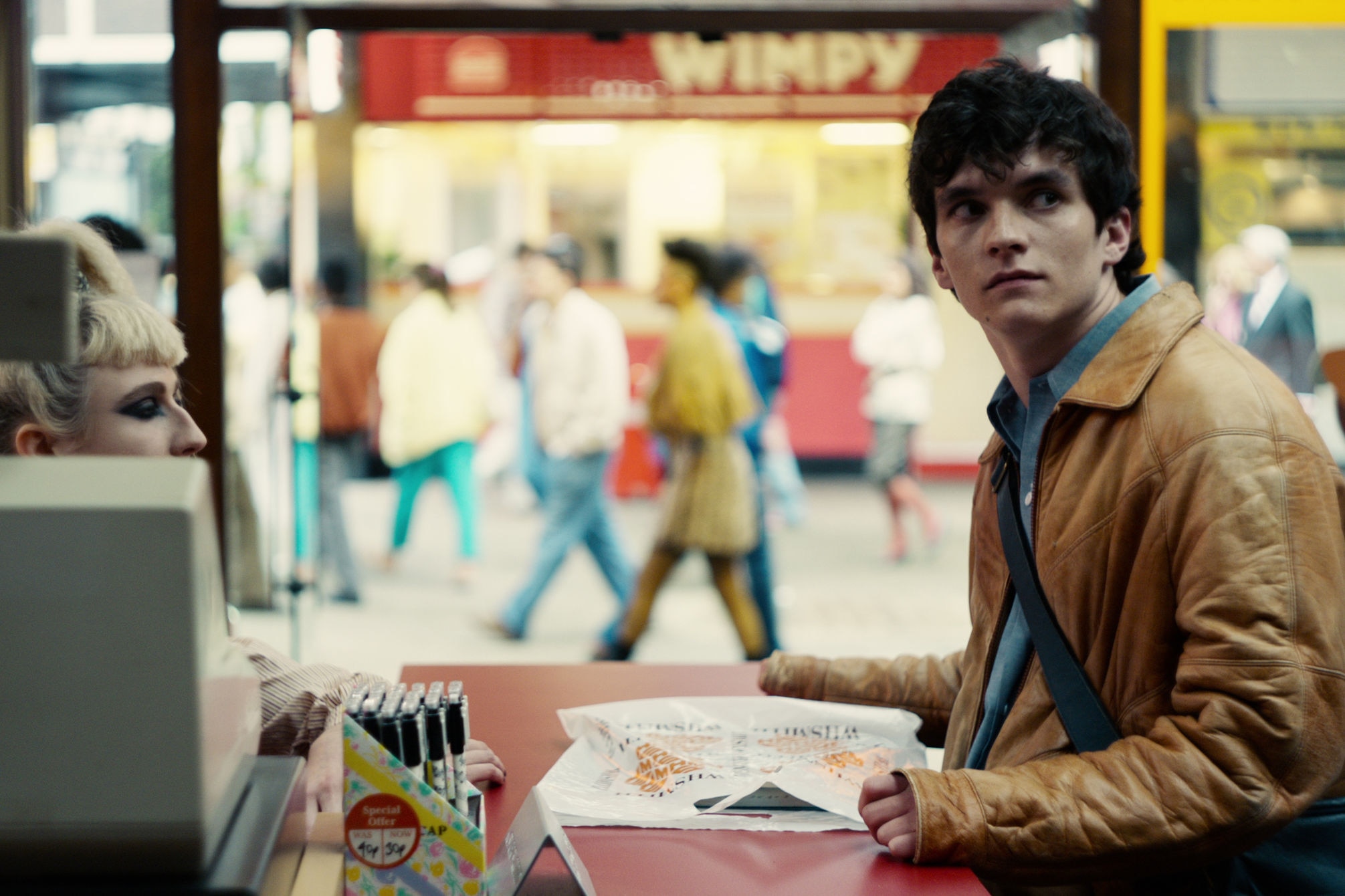Create a free profile to get unlimited access to exclusive videos, sweepstakes, and more!
Is Bandersnatch a game or a film? Black Mirror stars weigh in on the debate

It's been two weeks since Bandersnatch, the interactive Black Mirror film experience, hit Netflix, and fans can't stop talking about the story and its many alternate paths and endings. Bandersnatch was designed from the beginning to be a deeply immersive experiences, and viewers have risen to that task with a predictable degree of obsession, charting the film's paths and continuing the hunt for even more endings every time they watch.
Bandersnatch's choose-your-own-adventure structure heralds a new frontier for Netflix, which is always trying to gets its viewers to log more streaming hours, but it's also raised an interesting debate among critics and fans alike: Is Bandersnatch actually a film, or is it a game? Yes, it's a live-action production involving actors and scripts and sets, but the same could also be true of a game, and the interactive element that is inherent to the storytelling makes it less like something you'd push play on and more like something you'd...well, just play.
Speaking to The Hollywood Reporter about their roles in the project, stars Fionn Whitehead (Stefan) and Will Poulter (Colin) weighed in on the debate.
"I’m obviously very aware of the resemblance that it has to games and it borrows from a lot of gameplay structure, but I never thought of it as a game," Poulter said. "And I don’t even know if I’m really tied to the idea that it’s a film or an episode of TV, or whether it can be described as an experience. It really is unique. I’m not too concerned with labeling it at all, really. And I think that’s one of the charms of it. That it can’t be defined or boxed."
Whitehead echoed Poulter's comments, and noted that he considers Bandersnatch to hew closer to the format of a film or episode of television than a game. He also noted that the project doesn't adhere to the competitive or completist nature that is inherent in most games.
"You can’t win. All you can do is experience. There are no winners in this. It’s not something you can complete," Whitehead said. "So if you can’t win it, does it count as a game? Because you can keep playing. Video games are notoriously competitive and this is not a thing which people should feel competitive about, in my opinion, though I’m sure people will find a way. I think it would take from the experience of just going through it, if you were to watch it in that competitive way."
There are, of course, wrinkles to these arguments that aren't addressed here, namely that many games now could more readily be classified as experiences than as quests to win something, even if they do tell the player what percentage of the story has been played through. For all its many permutations, Bandersnatch is still a finite experience too.
That said, perhaps Poulter and Whitehead are correct in their assertion that there's no real need to label Bandersnatch, at least not right now while it's standing alone as an entertainment experience. Someday soon other interactive storytelling projects will come along to compete with it, but for now...it's just Bandersnatch.
What do you think? Does Bandersnatch feel more like a game or a film to you? Let us know in the comments.


























